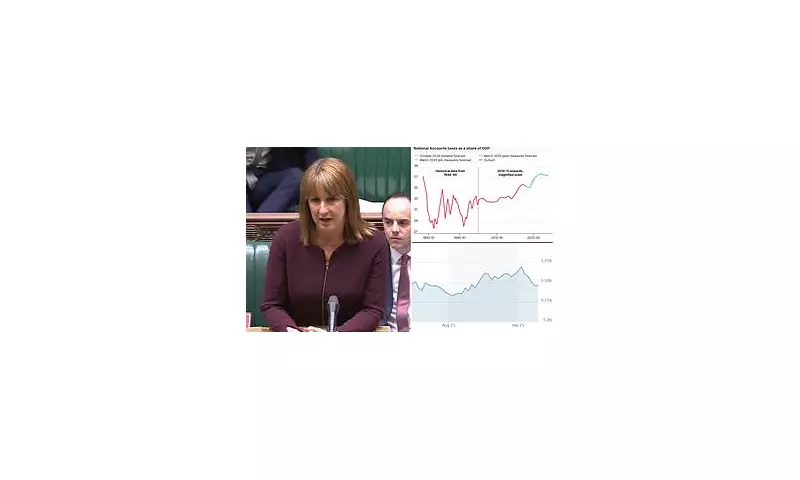
In a dramatic move that has exposed a deep fissure within the Labour Party's top ranks, Shadow Chancellor Rachel Reeves has publicly ruled out introducing a new 'unproven' wealth tax. This declaration directly contradicts the stance of Deputy Leader Angela Rayner, who has been a vocal advocate for such a levy on the assets of the super-rich.
The policy clash, revealed by The Mail on Sunday, threatens to undermine Labour's carefully crafted message of economic unity as the party gears up for the next general election. Reeves stated unequivocally that her focus is on growth and stability, not on untested fiscal experiments.
A House Divided: The Rayner vs. Reeves Schism
The heart of the conflict lies in a fundamental disagreement over how to generate revenue and address inequality. Angela Rayner has consistently argued for a one-off tax on the wealthiest 1% of individuals, claiming it could raise billions to rebuild public services.
However, Rachel Reeves has taken a markedly more cautious approach. She emphasised her commitment to the existing tax framework, telling reporters, "We are not doing a wealth tax. That's not what our focus is on." She further distanced herself from the policy by labelling it "unproven" and outside the scope of Labour's current plans.
Backbench Pressure and the 'Prawn Cocktail Offensive 2.0'
The disagreement is not limited to the shadow cabinet. Dozens of Labour backbenchers are reportedly pressuring the leadership to adopt more radical tax policies, including the wealth tax. This internal push highlights the ongoing tension between the party's socialist wing and its centrist leadership under Keir Starmer.
Reeves is concurrently engaged in a charm offensive aimed at reassuring the City of London and big business—a strategy dubbed the 'Prawn Cocktail Offensive 2.0'. Her unequivocal rejection of a wealth tax is seen as a key pillar of this strategy, designed to position Labour as a party of fiscal responsibility and pro-business pragmatism.
The Leadership's Balancing Act
Despite Reeves's firm denial, a source close to Angela Rayner insisted that "all options remain on the table," suggesting the policy has not been officially killed off within the party's internal deliberations. This conflicting messaging points to a difficult balancing act for leader Keir Starmer, who must appease both the party's progressive base and a cautious electorate.
The very public nature of this policy split provides ammunition for Conservative critics, who are likely to seize on it as evidence of a divided and unprepared Labour Party. With the election drawing closer, managing this internal discord will be a critical test for Starmer's leadership and the cohesion of his top team.





